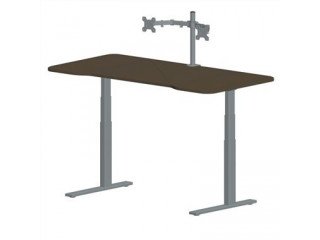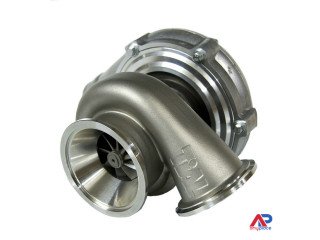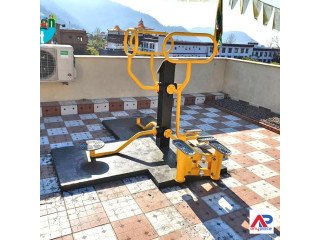Electrical Cable Types, Sizes, and Installation
2022-01-05 08:45 Furniture & Appliances Barddhamān 284 views Reference: 440Location: Barddhamān
Price: Contact us
Electrical Cable Types, Sizes, and Installation
An electric cable has the purpose of transporting electrical energy from one point to another. Depending on their final application, House Wiring Cables can have different configurations, always basing their design on national and international regulations.
Types of the electric cable by their use
Low voltage cables
Cables for electric panels
Flexible cables for wiring electric cabinets. These electric cables are especially suitable for domestic use, for installation in public places and for internal wiring of electrical cabinets, switch boxes and small electrical appliances.
Power cables
Energy VDE Approved Cables for industrial facilities and public places. It is common to find power cables in applications for power transmission in all types of low voltage connections, for industrial use and for variable frequency drive (VFD).
Armoured cables
Cables with aluminium or steel reinforcement for installations with risk of mechanical aggression. It is also common to find armoured cables in places where rodents are present, as well as in installations in premises with a risk of fire and explosion (ATEX).
Rubber cables
The use of extra flexible rubber cables is very varied. We can find Rubber Cables in fixed industrial installations as well as in mobile service. Welding cables should have a rubber sheath, which allows high currents to be transmitted between the welding generator and the electrode.
Halogen-free cables
High Security Halogen Free (LSZH) Cables with low smoke and corrosive gas emission in case of fire are suitable for use in wiring of electrical panels and public places, installations of all kinds in public places, individual derivations, emergency circuits, public distribution networks and also for mobile service.
Control cables
Control Welding Cables for fixed or mobile installations should be extremely flexible, as they are mainly designed for small household appliances, for the interconnection of machine parts used for manufacturing, for signalling and control systems, for the connection of motors or frequency converters, for signal transmission where the voltage induced by an external electromagnetic field may affect the transmitted signal or for power supply connections to avoid generating electromagnetic fields.
Instrumentation cables
These are flexible and shielded cables for the transmission of signals between equipment in industrial installations. Especially suitable for optimum data transmission in environments with a high level of electromagnetic interference.
Solar cables
These Silicon Rubber Cables are particularly suitable for connecting photovoltaic panels, and from the panels to the DC to AC inverter. Thanks to the design of their materials and their cover, which is especially resistant to solar radiation and extreme temperatures, they can be installed outdoors with full guarantees.














